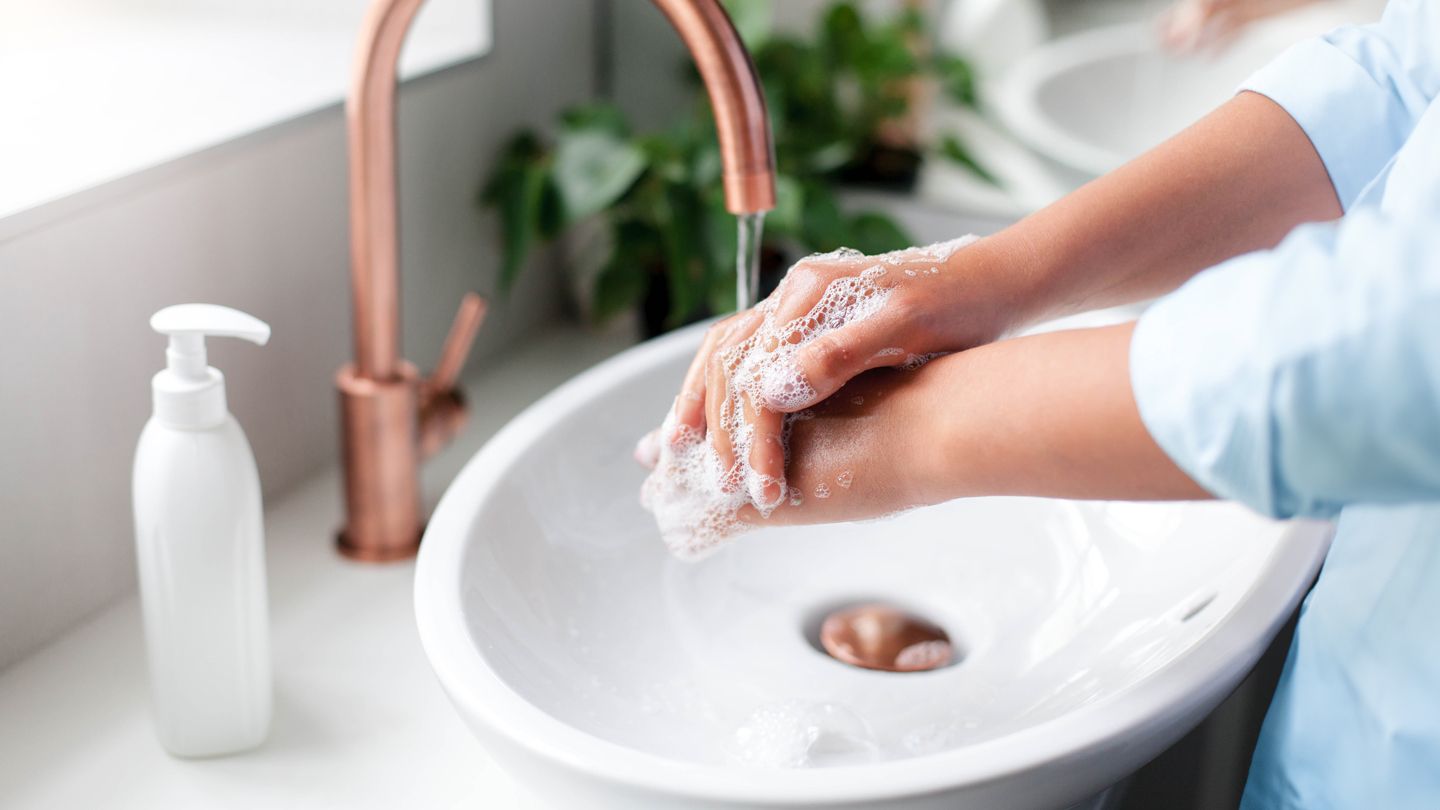Every day, we come into contact with bacteria and viruses that can make us sick. Germs can spread after touching a contaminated surface and touching your nose, eyes, or mouth.
While the immune system works hard to fight these germs, it can only do so much alone. Proper handwashing cleans germs off your hands, helping keep your immune system healthy.
When you wash your hands, you reduce the amount of virus in or on your body, which means fewer germs for your immune system to fight off, says Vontrelle Roundtree, MD, a board-certified family physician and the associate chief medical officer at MDLIVE by Evernorth, a leading virtual care provider in the United States.
According to Dr. Roundtree, proper handwashing helps prevent the spread of germs that cause various illnesses, including:
- Flu
- COVID-19
- Common cold
- Conjunctivitis (also known as pink eye)
- Foodborne illness
- Gastrointestinal (GI) infections
- Hand, foot, and mouth disease
Research shows that frequent handwashing can prevent 30 percent of diarrhea-related illnesses and 20 percent of respiratory infections.
Additionally, research shows that children who wash their hands regularly — about four times a day — experience 24 percent fewer sick days from respiratory illnesses and 51 percent fewer sick days due to stomach issues.
Roundtree notes that handwashing is also essential in preventing the spread of methicillin-resistant Staphylococcus aureus (MRSA), an antibiotic-resistant bacteria that causes staph infections. Since MRSA is common in places with frequent close contact — like hospitals, gyms, and schools — regular handwashing plays a crucial role in stopping its spread.
Read the full article here




